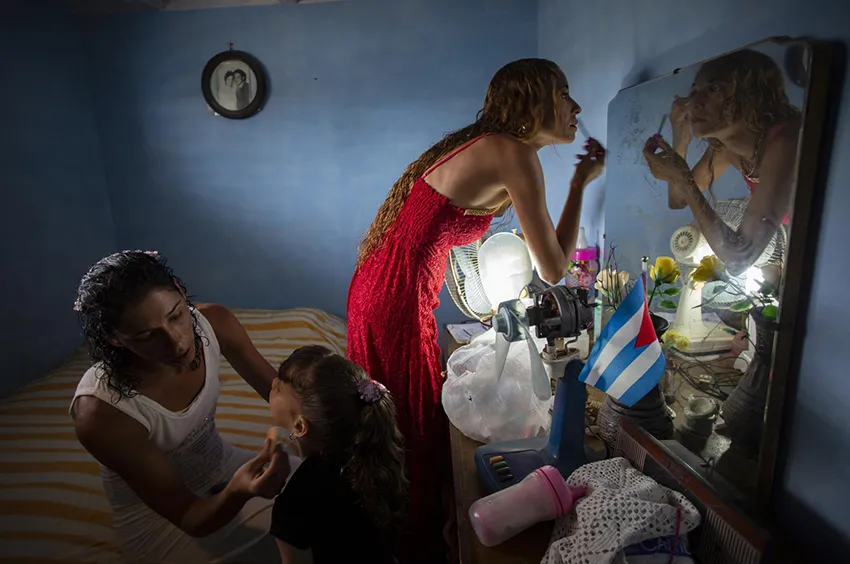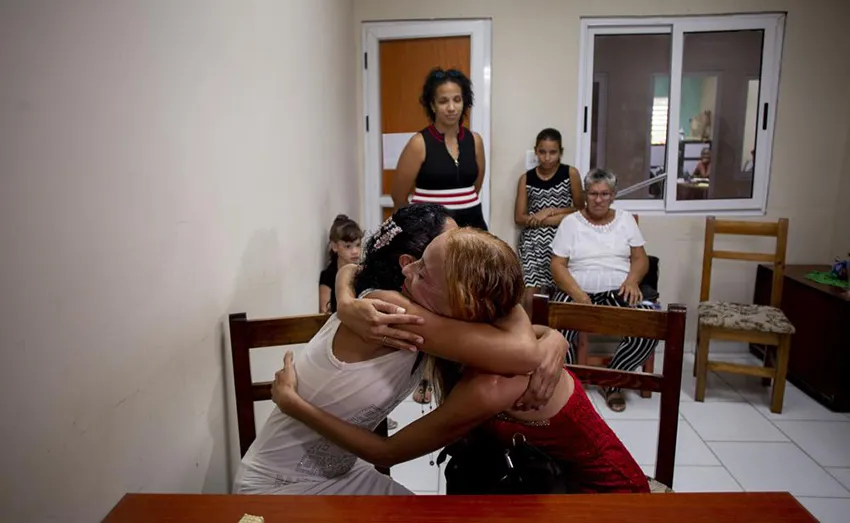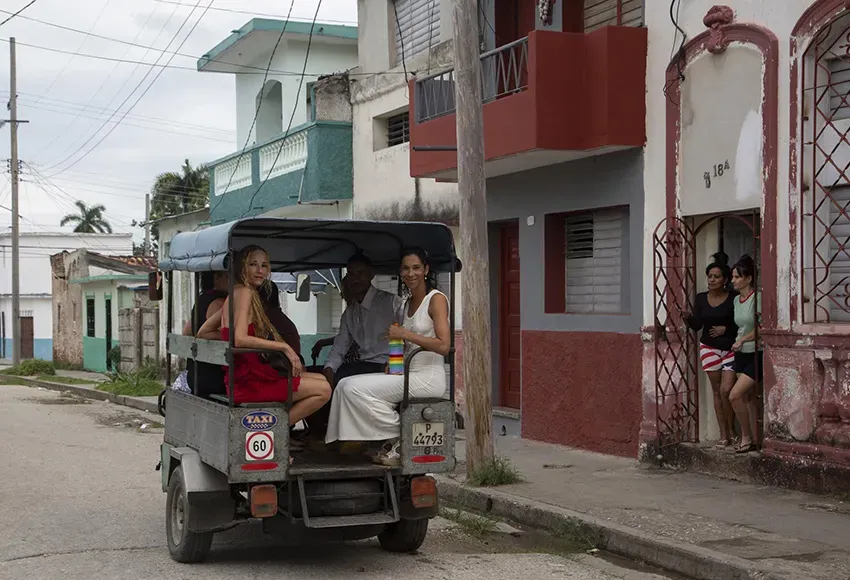Cubans celebrated their first same-sex marriages in October after the country's new Family Code went into effect.
The new law regulates a broad range of family issues, allowing – among other things – a free choice for individuals in choosing their spouses. It was adopted last month after 66.85% of voters approved it in a national referendum.
The Cuban Communist Party campaigned vigorously for the measure, as did Cuba's leading LGBTQ rights advocate, Mariela Castro, daughter of retired Cuban president Raúl Castro and niece of Fidel, the founding father of the Cuban revolution.
It was opposed by Christian evangelical groups, traditionalist Catholics, and also some people in the LGBTQ community who felt that their rights should not be up for a public vote.

"Many people in the community were against voting 'yes' because they don't believe that they need some paper to tell them they have this on paper [to be recognized as a couple]. I think we do need the right, that it protects us," Liusba Grajales, one of the first to be married under the new code, told the Associated Press.
For Grajales, though, the day was an occasion of joy.

"It's a big day," she said. "Love is love, just the way it is. Without imposition, without prejudice ... I don't know whether I should laugh or cry. It's a mix of so many strong emotions."
Although the Family Code received 70% approval in Havana and 66% in the suburb where Grajales lives, in the country's more rural southeast, it only won 53% of the votes.
According to Francisco "Paquito" Rodriguez, a blogger and one of the first Cuban LGBTQ activists, the relatively low approval rate in some parts of the country "indicates that we have to keep working in those areas and deepen and direct educational work."
"In 2007, we celebrated for the first time the International Day for the Fight Against Homophobia and Transphobia in Cuba. It took 15 years of fighting to make it law," Rodriguez said. "It seems like a long time in the life of an individual, but it's an achievement in the course of our history."
Marriage equality was first proposed by the Cuban government during the 2019 revision of the nation's constitution, but opposition from traditionalist groups made the government withdraw the article relating to same-sex marriage. The strategy then turned to the new Family Code, which was written to allow free choice of spouses for all people.
In addition to allowing same-sex marriage, the new law does the following:


